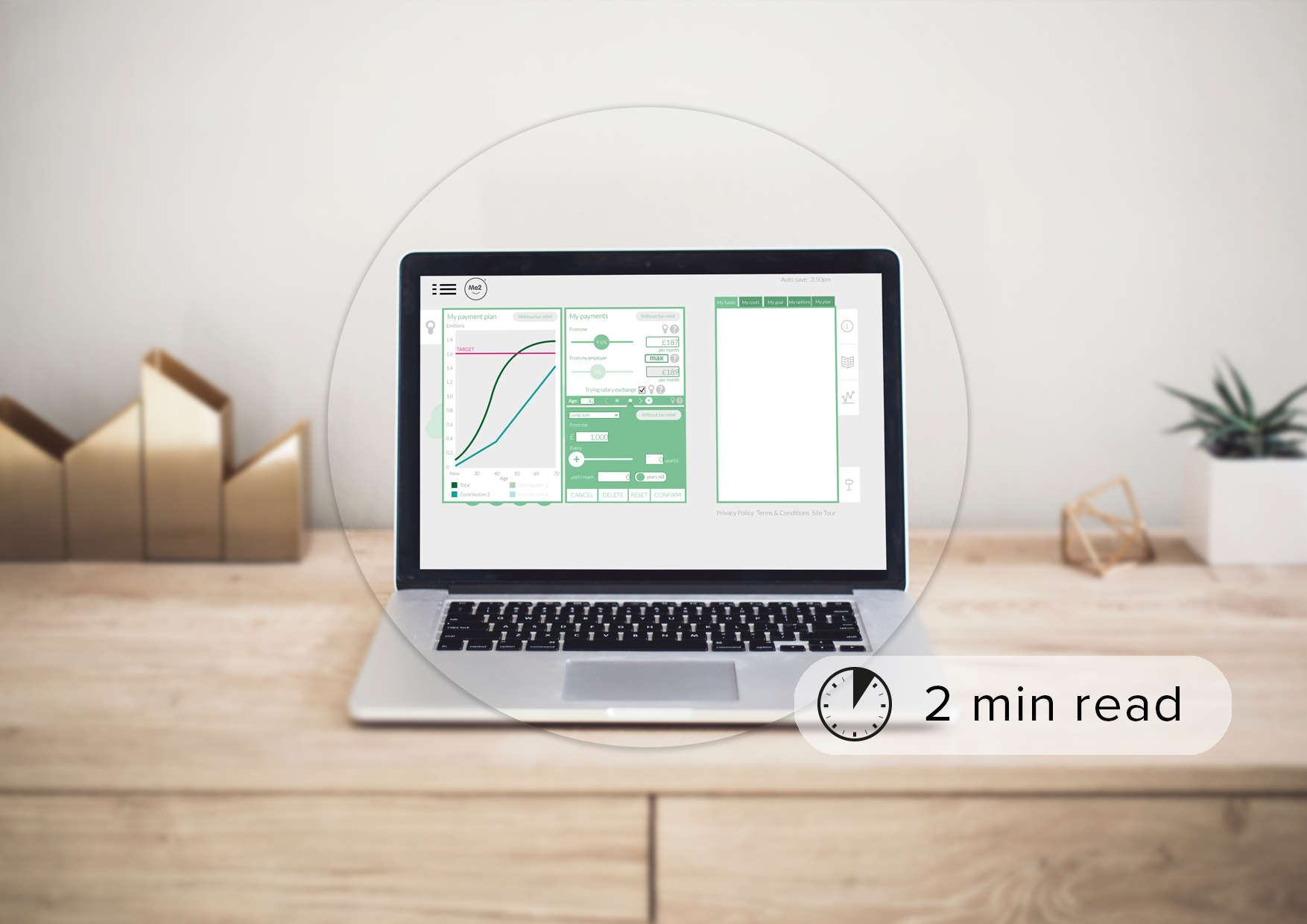Conquer the back to school chaos
September is in touching distance, the kids are getting bored and you are rushing around the house rounding up the uniforms and buying the entire stationary aisle in your local newsagent. Yes, it’s that last minute attempt to prepare for the start of the school term!
Well fear not, we have some great tips to help you save the pennies and get the kids back to school with minimum dramas.
- Make a list – we all love a list, don’t we? It really helps to keep you on track, so why not try making a list for your back to school shopping too? Do your research online, see where the best deals are and make yourself a ‘non-negotiable’ list (if possible!).
- Leave it a little closer to term time to start your shopping – last minute shopping can often provide the best value for money, especially on uniforms and stationery.
- Don’t be a stranger to the ‘pound shop’ – we might not like to admit it, but we’ve all been in there! After all, pencils are pencils, right? Pound shops are also great for notepads, math sets, plastic containers and drinks bottles.
- Plan your travel arrangements – check if there’s a school bus which would help you out or perhaps a neighbour who you could share the school runs with.
- Buy some good quality shoes – this may cost you a little more upfront, but if you can afford it, a good pair of shoes can make it through the whole term, whereas fabric plimsolls or pumps may not even make it to half term.
- Check on study materials – do the kids need any specific study textbooks? If you’ve got relatives or friends with kids in the year above, you may be able to recycle some of the relevant books. If not, it would be worth checking out some online, secondhand booksellers.











